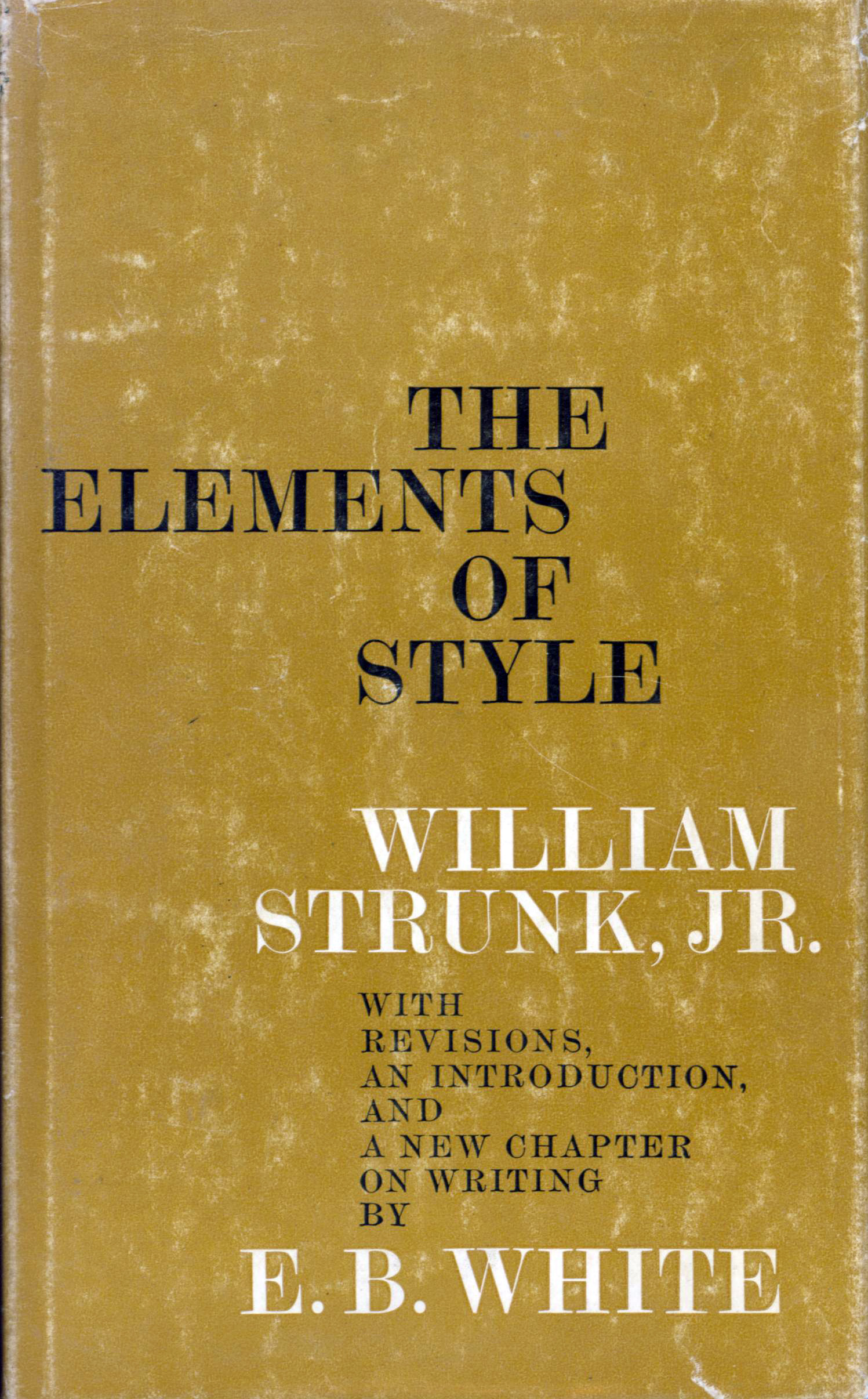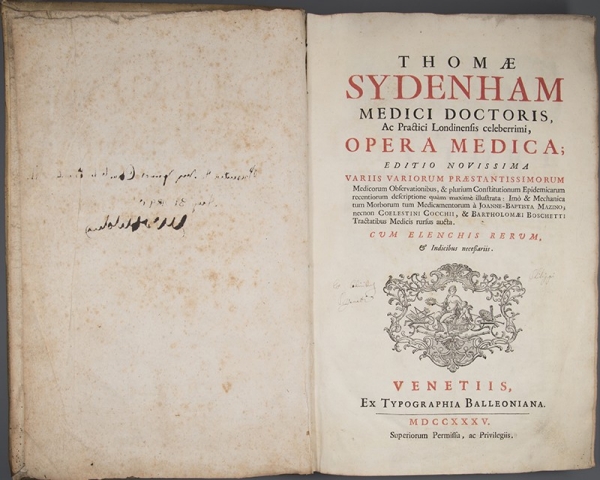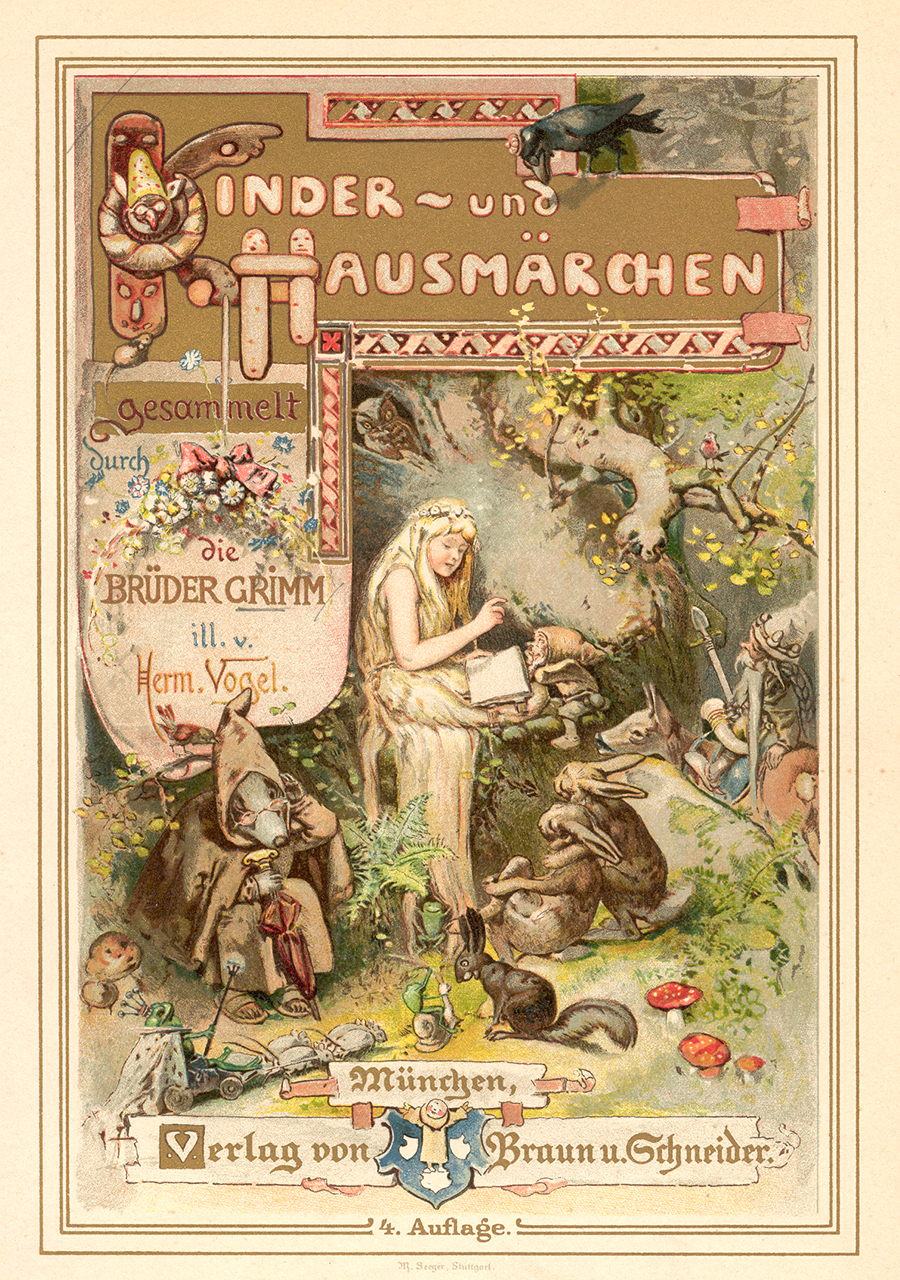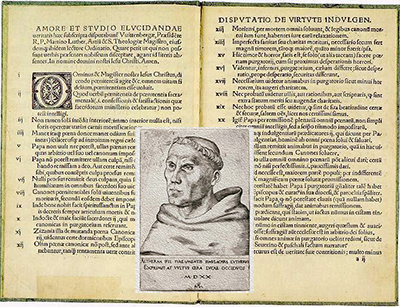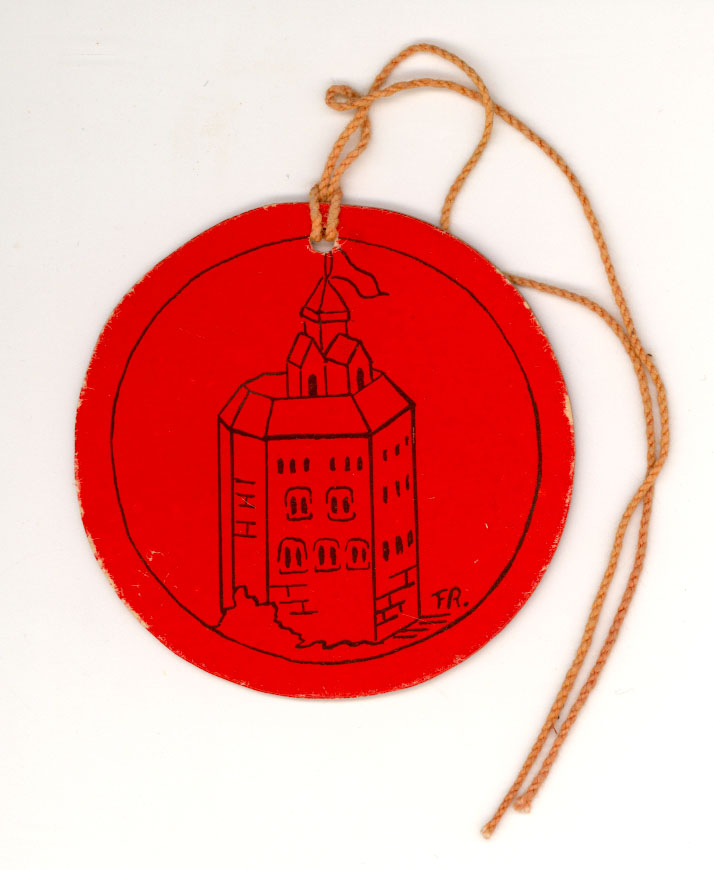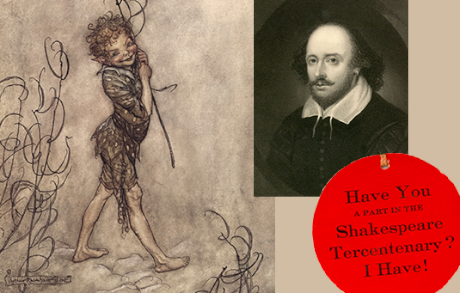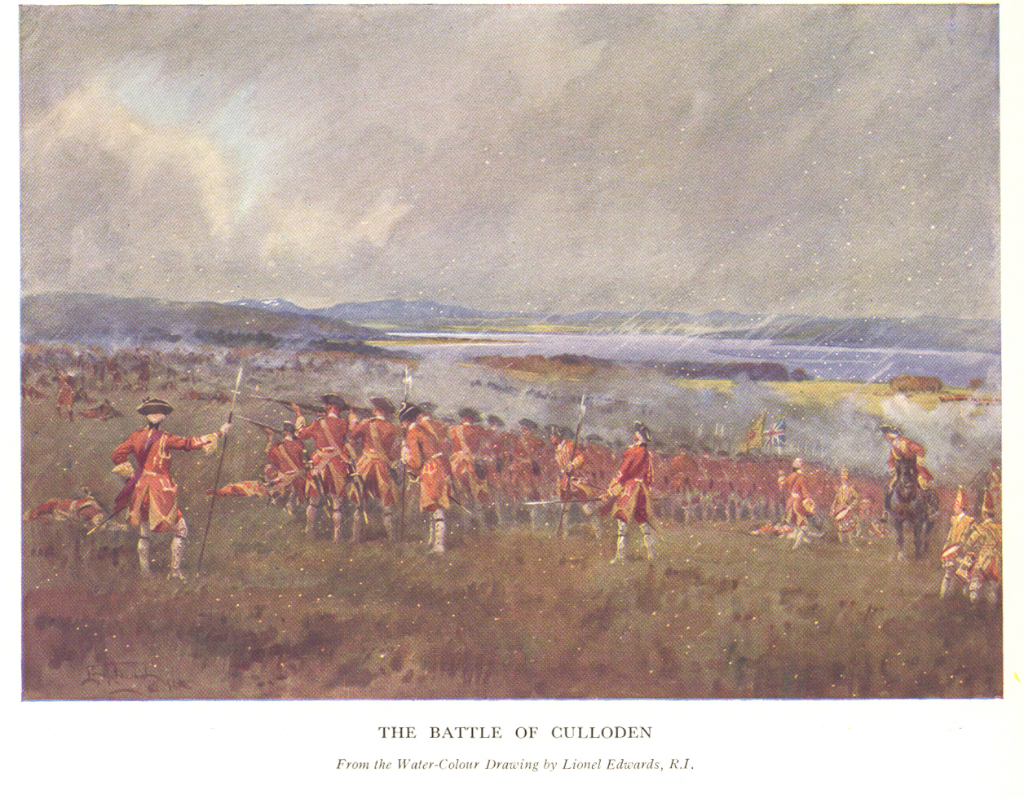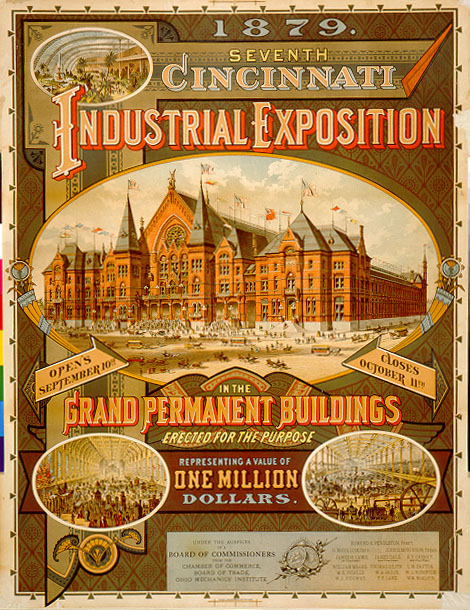-
The E.B. White Collection
By Kevin Grace, University Archivist and Head of the Archives and Rare Books Library So you want to be a writer? Whatever for?? Has someone unduly directed you toward that endeavor? Author Flannery O’Connor once offered her own opinion on budding writers: “Everywhere I go, I’m asked if the universities stifle writers. My opinion is that they don’t stifle enough of them.” A bit harsh, that, but there was encouragement of a sort from Dorothy Parker, known more for her witticisms today than her short stories and poetry: “If you have any young friends who aspire to become writers, the second greatest favor you can do them is to present…
-
UC Libraries Launches New Adopt-A-Book Program
Do you love libraries? Do you love books? We need your help! UC Libraries has launched an exciting new Adopt-A-Book program, providing alumni and library friends the opportunity to help support the preservation of some of our most precious books. These are true treasures for our collection, deeply valued by our faculty and students for their content and scholarly value. The program has started with items from UC Libraries’ Archives & Rare Books Library and the Henry R. Winkler Center for the History of the Health Professions. Please consider adopting one of these rare items for preservation for future generations. Adopted items will receive an electronic bookplate honoring the adopter…
-
Marge & Charles J. Schott Foundation Endows UC Libraries’ German-Americana Collection
Cincinnati has a rich German heritage. At one time, about 75 percent of people living in Over-the-Rhine were of German descent. This fascinating local history is available to the community, students and scholars through the University of Cincinnati Libraries. The German-Americana Special Collection within UC’s Archives and Rare Books Library located in Blegen Library chronicles local, as well as national, German heritage. Thanks to a generous $250,000 endowment from the Marge and Charles J. Schott Foundation, this gift will be named the Charlotte and Edward Unnewehr Fund for the German-Americana Special Collection. The Unnewehrs, parents to the late Marge Schott, were active in the vibrant German community and their early…
-
Langsam Library Exhibit Marks the 500th Anniversary of the Reformation
In 1517, Martin Luther wrote his 95 theses criticizing the practice of indulgences of the Catholic church. He was disturbed by the fact that the faithful were allowed to offer money as penance for their sins. The publication of the 95 theses is considered as the starting point of the Reformation, which marks its 500th anniversary on October 31, 1517, the date long assumed that Luther nailed his theses to the door of the Castle Church at Wittenberg. A new exhibit on display on the 4th floor lobby of the Walter C. Langsam Library, as well as on the 4th floor of the library, highlights the complex and multifaceted legacy…
-
Now Open: Shakespeare and the Queen City
As first announced in the last issue of Source, the Archives and Rare Books Library’s Shakespearean collection is prominently featured in the current Cincinnati Museum Center’s exhibition, “Shakespeare in the Queen City,” on display now through October 29. The free exhibition has as its focal point one of 82 First Folios belonging to the Folger Shakespeare Library in Washington, D.C., each containing 36 of the playwright’s published works. Visitors to the exhibit will also see works from the collections of the Cincinnati Shakespeare Company and the Public Library of Cincinnati and Hamilton County that show how Shakespeare’s works were performed and celebrated in Cincinnati’s libraries, schools, homes and theaters. One…
-
Cincinnati and Shakespeare: The Bard Abides
By Kevin Grace. Enoch Carson was enthralled with William Shakespeare. While the 19th century Cincinnati entrepreneur and civil servant made his fortune in the lamp and gas business, he considered his real wealth to be the hundreds of Shakespeare volumes that he accumulated. For the most part Carson was a self-educated man, attributing his intellectual development to his years spent reading the plays. So, he devoted his life to building a library of as many editions of the bard as he could afford. At one point Carson took his volumes of the prominent Charles Knight 1839 London edition of the plays and disbound them so he could insert the huge…
-
New Website Documents Jacobite Collection in the Archives and Rare Books Library
Want to go beyond the hit TV show Outlander and learn more about the Jacobite Movement from 1688-1788? A new website from the Archives and Rare Books Library highlights the recent donation of more than 500 books on the Jacobites from Cincinnatian Virginius C. Hall and provides a compelling and informative resource for scholars, researchers, or anyone hoping to learn more about this violent and important time in Scotland’s history. Hall became fascinated by the Jacobites and “Bonnie Prince Charlie” when he was 15 at boarding school and began his book collection. He continued to book hunt as an undergraduate at Princeton University and later as an Army private stationed…
-
A New Look at Digital Collections
Imagine a place where through a computer, tablet or mobile device one could go to view such diverse collections as the House of Refuge Records, the creation of the Triceracopter sculpture, Albert B. Sabin’s archives about his quest to create the oral polio vaccine, as well as images of Great Houses of Cincinnati from environmental artist Alice Weston. This central, online place would also have exhibits about the 25th General Hospital: Courage and Skill in World War II, Promotion through Playing Cards, and Sublime and Beautiful Mountain Scenery among other captivating subjects. Such place does exist with the recently launched redesign of the Digital Collections & Repositories department website. Available…
